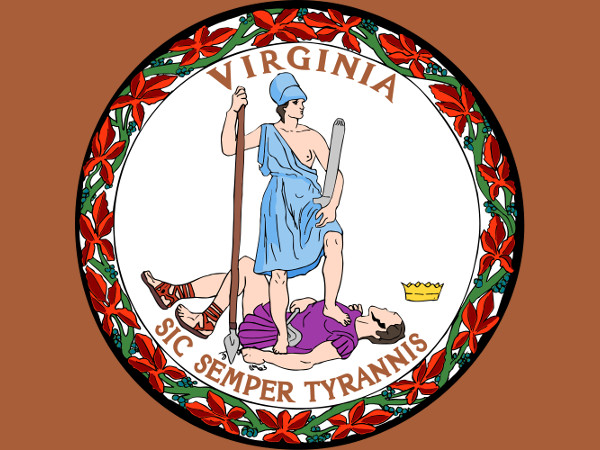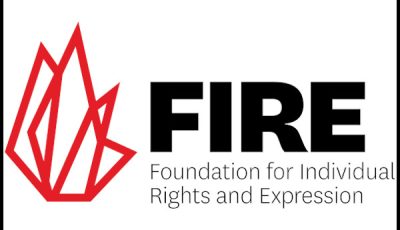VA Pols: Porn Not ‘Public Health Crisis,’ but Still Evil
 RICHMOND, Va. – While the Virginia General Assembly appears disinclined to proclaim pornography a “public health crisis,” a modified version of an earlier resolution soon to be voted on by the state’s House of Delegates still attributes to porn the same litany of societal ills cited in similar resolutions in Utah and other states.
RICHMOND, Va. – While the Virginia General Assembly appears disinclined to proclaim pornography a “public health crisis,” a modified version of an earlier resolution soon to be voted on by the state’s House of Delegates still attributes to porn the same litany of societal ills cited in similar resolutions in Utah and other states.
Among other changes made to an earlier draft of the resolution, the current text of HJ549 walks back use of definitive statements and flat assertions of causality.
Some language from the original resolution has been removed entirely, including the lines “Because pornography treats women as objects and commodities for the viewer’s use, it teaches girls that they are to be used and teaches boys to be users” and “Overcoming pornography’s harms is beyond the capability of the afflicted individual to address alone.”
While Republican Del. Bob Marshall acknowledged it’s not the resolution he originally proposed, he maintained it still achieves the same goal.
“It isn’t the car I drove in with, but it gets me on the road,” Marshall told the House Health Welfare and Institutions subcommittee of the resolution’s new language. “It puts us on record.”
Other than tempering notions of direct causality, the resolution closely mimics the Utah version. It includes claims porn serves to “normalize violence and abuse” and has a “detrimental effect on the family unit” — the latter of which the Assembly might have to explain further to single men who have no children, a demographic I’d imagine is well-represented among porn consumers.
The resolution also claims early exposure to porn “can lead to low self-esteem and body image disorders, an increase in problematic sexual activity at younger ages and an increased desire among adolescents to engage in risky sexual behavior.”
As is often the case with laws and resolutions pertaining to porn, Marshall’s resolution has drawn mixed reviews from across the political spectrum. Some left-leaning activists applaud the intent and spirit of the resolution, while some traditionally conservative commentators oppose it as an example of government overreach.
When a previous draft of the measure made headlines earlier this year, for example, Susan Brownmiller, the author of Against Our Will: Men, Women and Rape who says she has “always considered myself a radical political activist,” hailed Marshall’s proposal as proper and necessary.
“Pornography is readily available to young men, particularly, who confuse it with what they’re supposed to do sexually,” Brownmiller said. “There is no such thing as consent in pornography. Nobody says to somebody else, ‘Hey, is it okay if we try this? What do you think?’”
Cathy Reisenwitz, co-founder of the right-leaning libertarian feminist group Feminists for Liberty, takes a different view of such resolutions.
“Not everything that can be harmful should be legislated,” Reisenwitz said. “Pornography is kind of like sugar. Everyone consumes it. It’s not great for you in large quantities and you have a right to use it.”
“The big difference between porn and sugar is that your right to produce and consume sugar is not protected by the Constitution,” Reisenwitz continued. “Porn is speech and speech is constitutionally protected.”
The divergent views of Brownmiller and Reisenwitz may demonstrate something of potential use to the adult industry in future wrangling over laws and regulations targeting porn: The “strange bedfellows” effect of porn-politics is a two-way street.
Just as conservative politicians like Marshall realize they can rely on support for their anti-porn legislation and resolutions from some members of the feminist left, the adult industry may find it has similarly unlikely allies on the political right, in the form of libertarians and small-government conservatives who may have no real affection for the products the industry makes, but regard as sacrosanct the ideal of personal liberty and the value of restricting governmental power.
In the meantime, we can expect additional states to follow Utah’s lead in declaring porn a public health crisis — and the continued spread of “internet-as-porn-vending-machine” legislation too, if the movement’s long list of legislative sponsors and supporters is to be believed.













